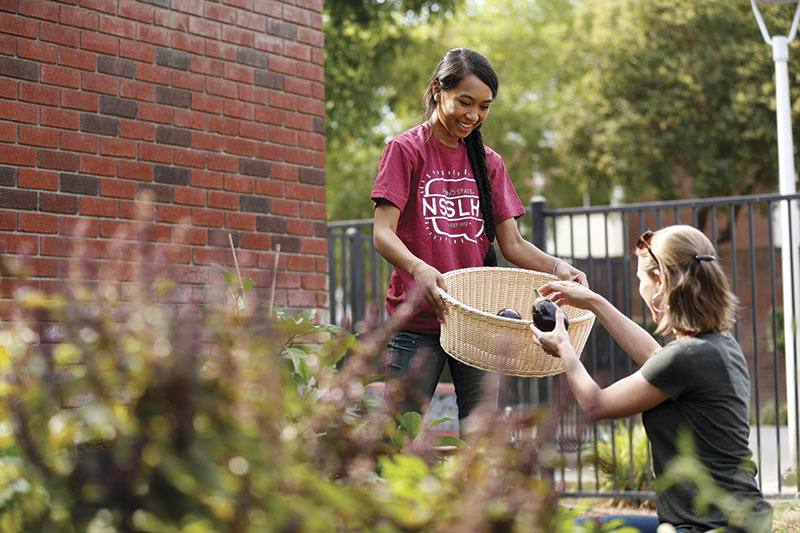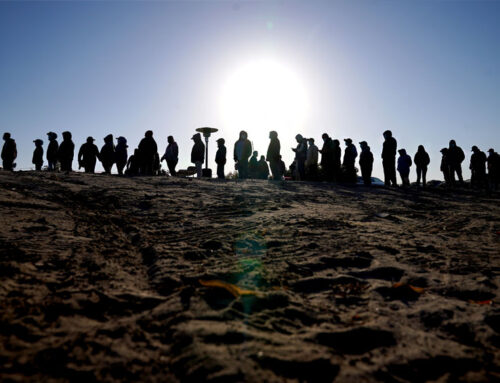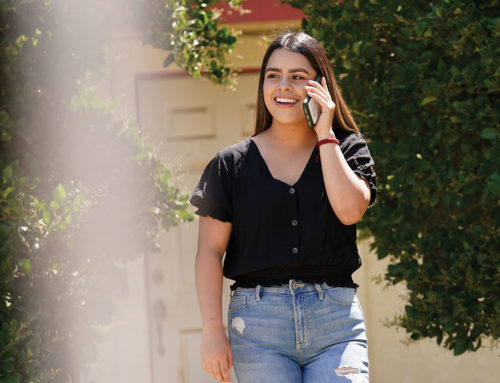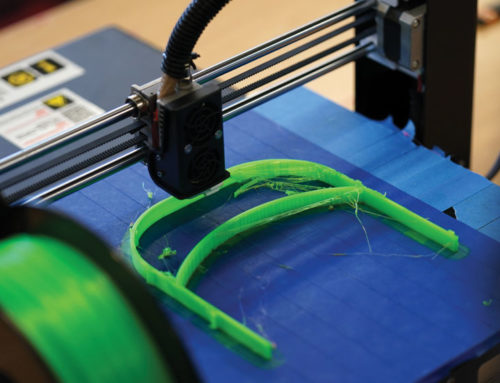Fresh Produce, Fresh Minds
New garden provides a healthy way to fight student food insecurity
By Lisa Maria Boyles
In a small corner next to the University Courtyard Atrium, Jessica Medina and student volunteers tend to a garden that serves as Fresno State’s newest tool to fight student hunger.
The garden grows fresh produce for the Student Cupboard, a free food and hygiene pantry for students — and its harvest far exceeds the produce plucked from the 595 square feet of soil.
As awareness of the new garden has grown, other entities — both on and off campus — have stepped up to help provide more fresh, healthy produce for Fresno State students experiencing food insecurity.
“Beyond our small garden space, it’s important to discuss all of the other gardens and harvests that have come about because of it,” says Medina, the program coordinator. “Our Plant Science Club has since reached out to us and over the summer they planted a quarter of an acre of produce for us on land they cultivate. It was wonderful to have that donated.”
That partnership opened up interest from classes on campus that are doing ag research.
“Whenever they get done doing their research,” Medina says, “they put corn, broccoli and romaine lettuce off to the side and we were able to come and get that for distribution to students through the Student Cupboard.”
I think it’s raised a lot of awareness of the fact that we want to provide fresh produce to our students, and we know our students are asking for it.
“Whenever we get fresh produce, it’s one of the first things to go. They love it.”
Food Security Project
The Food Security Project at Fresno State started in August 2014. A CSU-wide survey published in 2018 found 43.7 percent of 1,514 Fresno State students reported experiencing food insecurity. Research has shown students who are hungry or at risk of being hungry experience health problems and academic challenges.
Fresno State President Joseph I. Castro and First Lady Mary Castro have spearheaded efforts to meet the basic needs of the University’s students. The Student Cupboard is one of several efforts on campus to help address food insecurity.
Enrolled students can get food and hygiene products from the Student Cupboard up to once a day. The cupboard, located in Room 144 of the Grosse Industrial Technology Building, is open five days a week during the school year.
Between November 2014 and June 2018, the Student Cupboard had 11,329 unique visitors with 141,578 visits. It distributed more than 675,000 pounds of food from November 2014 to March 2018. Donors have given $440,954 in two March Match Up campaigns.
The Food Security Project received an honorable mention for the 2018 Excellence in Innovation Award sponsored by Phi Kappa Phi, the nation’s oldest collegiate honor society. The honor recognizes an institution for finding powerful answers to important local, regional, national or global challenges.
Cross-campus Collaboration
Established in March 2017, the Student Cupboard garden yields two harvests per year. The fall planting, which harvests November through April, results in lettuce varieties, radishes and kale. The summer planting, which harvests May through September, produces eggplant, tomatoes, peppers (bell and jalapeno) and basil.
Medina said the physical space for the garden materialized when Erin Boele, director of student housing, provided a small, unused plot near the residence halls.
Once the space was acquired, different entities on campus came together to make the garden a success.
Lecturer Laurie Taylor-Hamm teaches a nonprofit management class in the Craig School of Business. Students in her class created a project plan for an on-campus garden.
“The collaboration with the Student Cupboard is always popular,” Taylor-Hamm says. “Students come to class the first day asking if there is a project with the Student Cupboard and if they can be on that team. Word gets around when the students enjoy the projects and feel like they are making a difference.”
Medina says Calliope Correa, of the Jordan College of Agricultural Sciences and Technology University Farm Laboratory, helps provide seasonal seeds or plants for the garden’s crops. She also developed a sustainability plan for the garden. The Plant Science Club does student research related to the garden and helps connect Medina with opportunities to source extra crops. Facilities Management helps keep the sprinklers in good repair. And student volunteers work the garden year round — planting, weeding and harvesting its bounty.
“All of our projects are very cross-campus collaborative, which is so important,” Medina says. “It’s how we sustain and do so well.”
— Lisa Maria Boyles is the public information officer for Fresno State.






